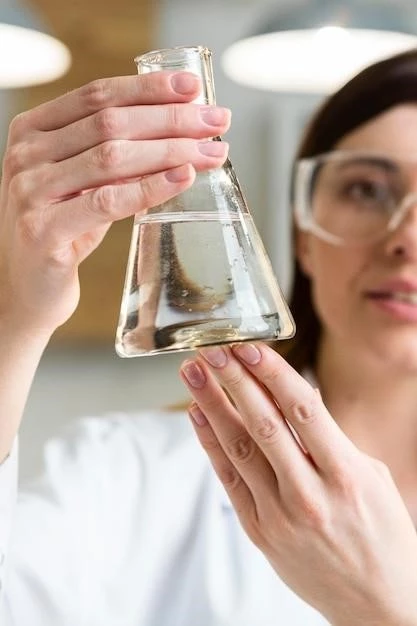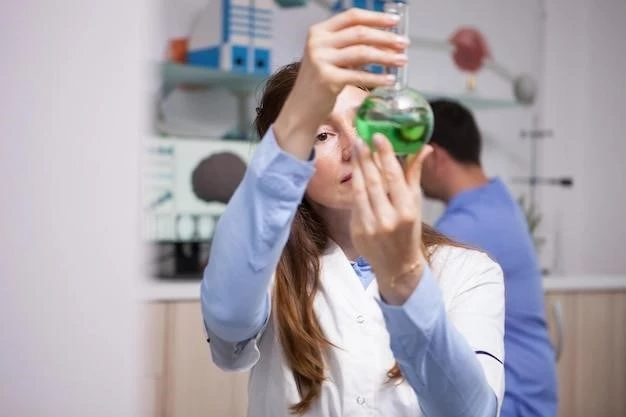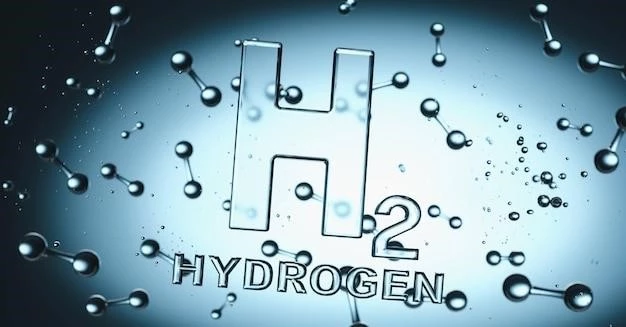Phenylalanine hydroxylase deficiency, also known as phenylketonuria (PKU), leads to intolerance to phenylalanine, causing various disorders. Understanding this condition is crucial for proper management.
Overview of PAH Deficiency
Phenylalanine hydroxylase deficiency (PAH deficiency), also known as phenylketonuria (PKU), is an autosomal recessive disorder characterized by elevated blood phenylalanine levels. Without proper treatment, individuals with severe PAH deficiency may develop profound and irreversible intellectual disabilities. The primary treatment involves lifelong nutrition therapy to manage phenylalanine levels effectively. Genetic counseling and testing play a crucial role in identifying carrier status and guiding family planning decisions.

Clinical Characteristics
Clinical characteristics of Phenylalanine Hydroxylase Deficiency include intolerance to phenylalanine intake, leading to a spectrum of disorders. Prompt treatment is crucial for management.
Risk Factors and Adverse Outcomes
Individuals with Phenylalanine Hydroxylase Deficiency are at risk of adverse outcomes due to the intolerance to phenylalanine, with severe cases leading to profound and irreversible intellectual disabilities. Effective therapy is crucial for managing these risks.
Diagnosis and Screening
Diagnosis and screening for Phenylalanine Hydroxylase Deficiency involve newborn screenings to detect hyperphenylalaninemia through blood spot tests. Early detection is key for effective management.
Newborn Screening for Hyperphenylalaninemia
Newborn screening for hyperphenylalaninemia in Phenylalanine Hydroxylase Deficiency involves blood spot tests to detect elevated phenylalanine levels. Early detection through screening is vital for timely intervention and effective management.
Treatment and Management
Nutrition therapy is the primary treatment for Phenylalanine Hydroxylase Deficiency, focusing on managing phenylalanine levels through a carefully controlled diet and specialized medical foods.
Nutrition Therapy as Primary Treatment
Nutrition therapy serves as the mainstay treatment for Phenylalanine Hydroxylase Deficiency. It involves a meticulously controlled diet and specialized medical foods to manage phenylalanine levels effectively throughout life.
Understanding the genetic implications of Phenylalanine Hydroxylase Deficiency is crucial. Genetic counseling and molecular testing help identify carrier status and guide family planning decisions.
Genetic Counseling and Testing
Understanding the genetic implications of Phenylalanine Hydroxylase Deficiency is vital. Genetic counseling and testing help individuals identify carrier status and make informed family planning decisions.
Special considerations for women with Phenylalanine Hydroxylase Deficiency are essential, especially during pregnancy. Following specific guidelines and ensuring proper nutrition is crucial for minimizing risks to the developing fetus.

Special Considerations for Women
Special considerations for women with Phenylalanine Hydroxylase Deficiency are important, particularly during pregnancy. It is crucial to follow specific pregnancy guidelines to ensure the well-being of both the mother and the developing fetus.
Future Research and Recommendations
Stay informed about the latest advancements in Phenylalanine Hydroxylase Deficiency research. Monitor recommendations regularly for optimal management and treatment strategies.
Adjuvant Therapies and Ongoing Monitoring
Adjuvant therapies complement primary treatments for Phenylalanine Hydroxylase Deficiency. Continuous monitoring is essential to assess treatment effectiveness and ensure optimal management.
